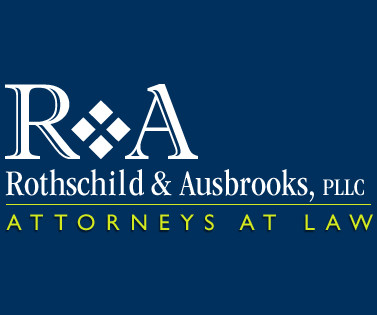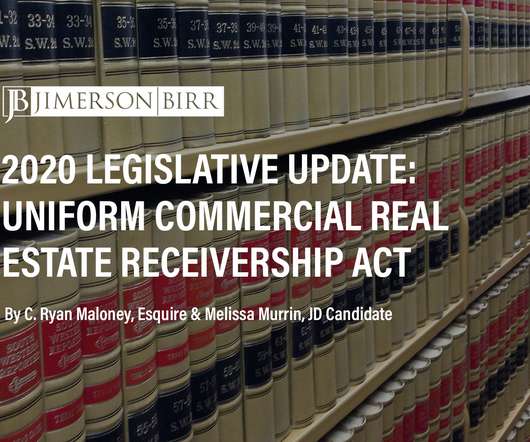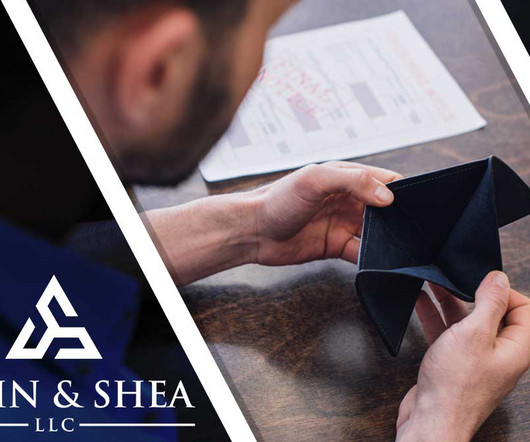How Long Will Chapter 13 Delay Foreclosure?
Sawin & Shea
AUGUST 24, 2022
When you’re going through the process of filing Chapter 13, foreclosure cannot occur because you’re granted an automatic stay, meaning that lenders cannot pursue your debts and recover collateral, including your home. Unlike Chapter 7 bankruptcy, Chapter 13 packages your different forms of debt into a single repayment plan.





















Let's personalize your content